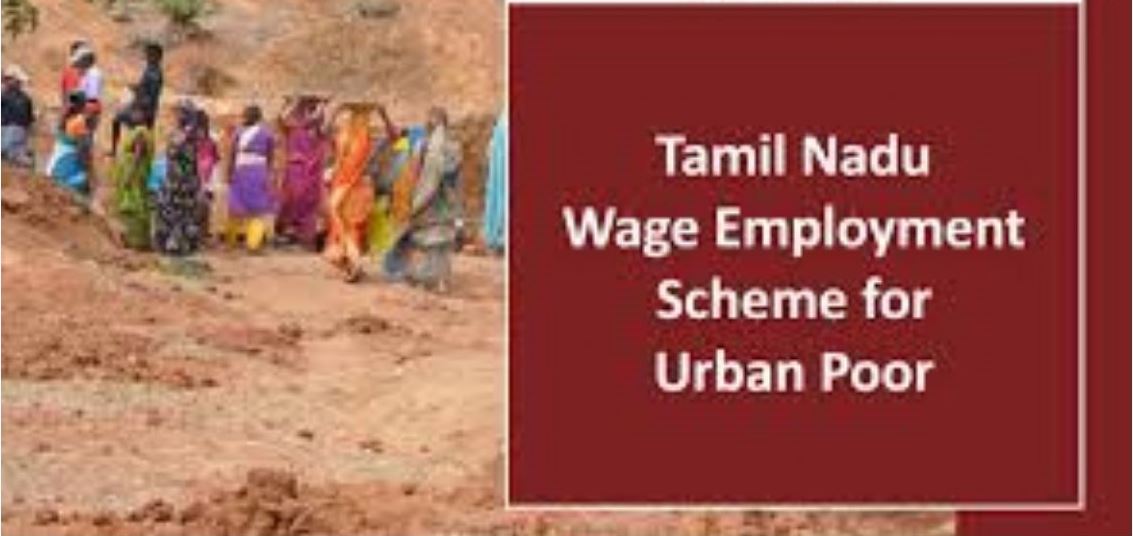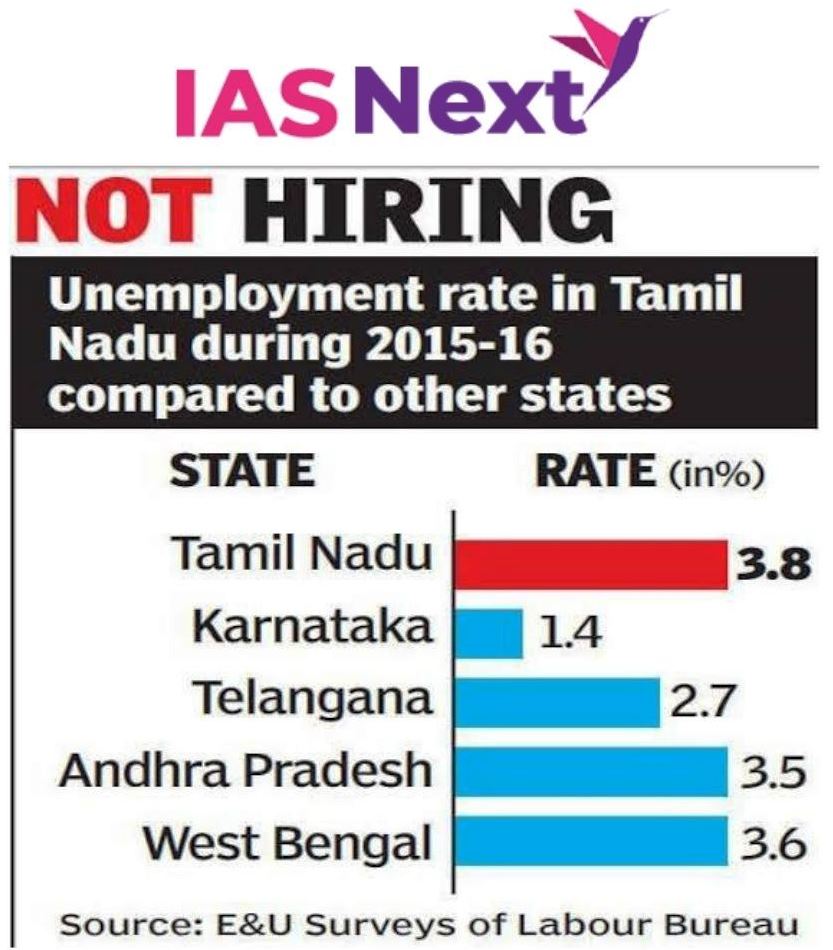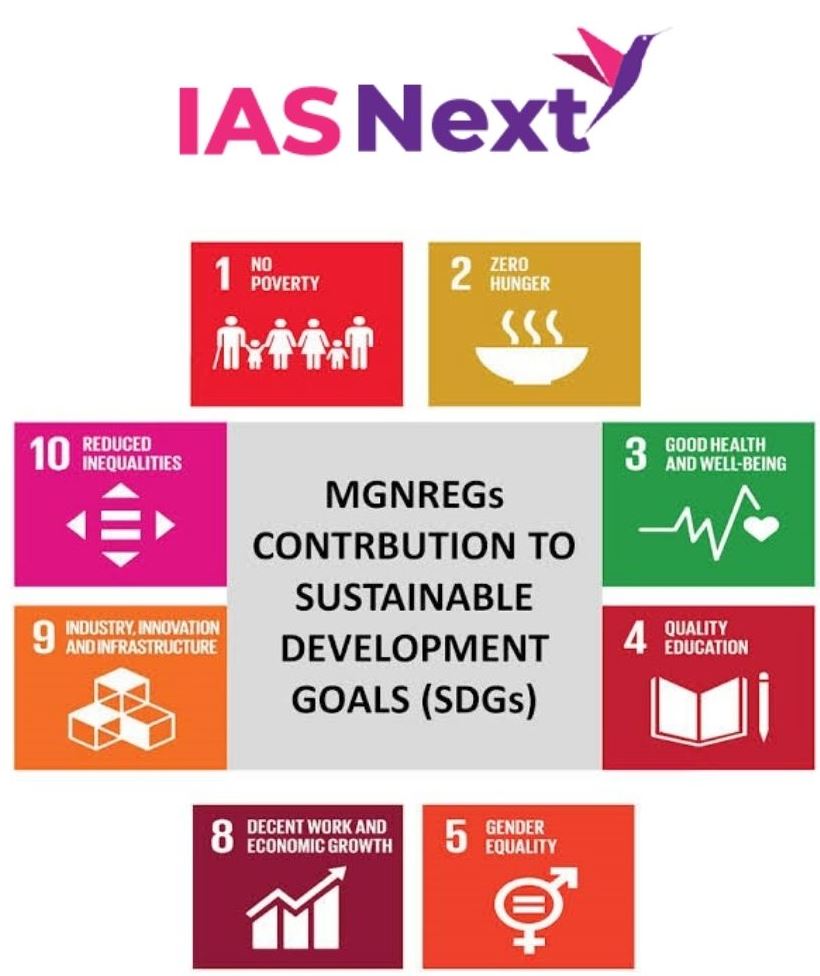CURRENT AFFAIRS
Get the most updated and recent current affair content on Padhaikaro.com
Tamil Nadu Urban Employment Scheme
- IAS NEXT, Lucknow
- 20, Oct 2021

Tamil Nadu government has issued orders to implement the urban employment scheme in the state on a pilot basis.
- The scheme is aimed at providing livelihood and social security by increasing job opportunities and through creation and maintenance of public assets.

About the scheme:
This is an urban employment scheme to be implemented by Tamil Nadu Government on the lines of the Mahatma Gandhi National Rural Employment Guarantee Scheme (MGNREGS).
- It seeks to improve the livelihood of urban poor.
Need for:
- Unlike other States, the urban population in Tamil Nadu is growing fast and it would reach 60% of the total population by 2036.
- A total of four crore people are now living in urban areas, accounting for 53% of the total population.
But, many of them had lost their jobs because of the COVID-19 pandemic.
Implementation and key features:
- Under the scheme, workers will be used for activities such as desilting of water bodies and maintenance of public parks and other places.
- 50% of the total person-days under the scheme would be earmarked for women.
- Women and men would be paid the same wages for the same unskilled and semiskilled work.
- The TN Urban Employment Scheme is based on the recommendations made by a committee led by former Reserve Bank of India Governor C. Rangarajan.
About MGNREGA:
The scheme was introduced in 2005 as a social measure that guarantees “the right to work”.
- The key tenet of this social measure and labour law is that the local government will have to legally provide at least 100 days of wage employment in rural India to enhance their quality of life.

Key objectives:
- Generation of paid rural employment of not less than 100 days for each worker who volunteers for unskilled labour.
- Proactively ensuring social inclusion by strengthening the livelihood base of rural poor.
- Creation of durable assets in rural areas such as wells, ponds, roads and canals.
- Reduce urban migration from rural areas.
- Create rural infrastructure by using untapped rural labour.
The following are the eligibility criteria for receiving the benefits under MGNREGA scheme:
- Must be Citizen of India to seek MGNREGA benefits.
- Job seeker has completed 18 years of age at the time of application.
- The applicant must be part of a local household (i.e. application must be made with local Gram Panchayat).
- Applicants must volunteer for unskilled labour.
Implementation of the scheme:
- Within 15 days of submitting the application or from the day work is demanded, wage employment will be provided to the applicant.
- Right to get unemployment allowance in case employment is not provided within fifteen days of submitting the application or from the date when work is sought.
- Social Audit of MGNREGA works is mandatory, which lends to accountability and transparency.
- The Gram Sabha is the principal forum for wage seekers to raise their voices and make demands.
- It is the Gram Sabha and the Gram Panchayat which approves the shelf of works under MGNREGA and fix their priority.